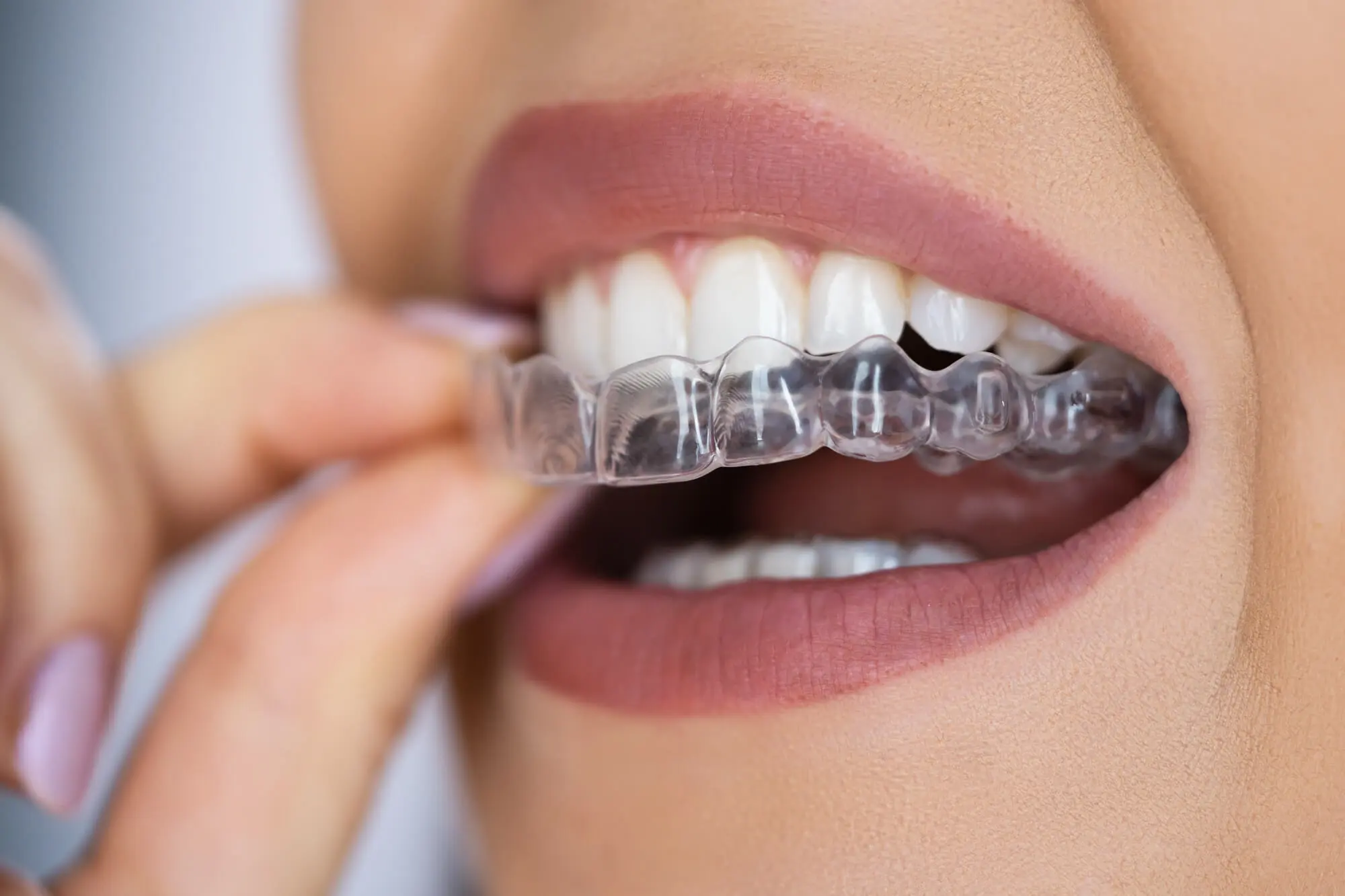Stress, trouble sleeping, and bite misalignment can all lead to teeth grinding, eroding, and damaging your teeth over time. If you’re already busy with life, visiting the general dentist in Tremont, IL, may be the last thing on your list. However, problems will only get worse if you don’t address them right away.
Teeth grinding can have several causes, so treating this condition can be challenging. Here are some things you can do to prevent further harm and try to put a stop to bruxism.

What Is Teeth Grinding?
Teeth grinding, or bruxism, occurs when you squeeze or rub your teeth together, often unconsciously and while asleep. Grinding your teeth while awake is most likely a result of stress or anxiety in your day-to-day activities. You might also do it when you're focused.
Both medical and lifestyle factors may contribute to bruxism. They include:
- Excessive caffeine intake
- Alcohol use
- Smoking
- Some prescribed medications, like selective serotonin reuptake inhibitors (SSRIs),
- Family history of teeth grinding
Bite misalignment can also strain the jaw, leading people to grind their teeth. Lastly, athletes or people who enjoy weightlifting tend to grind their teeth.
Treatment Options for People with Bruxism
Finding the cause is the first step in treating bruxism. Your dentist will inquire about your sleep patterns, medications, and lifestyle. Once we know the cause, we can suggest an effective treatment. Some options include:
- Mouth Guards: If you grind your teeth while you sleep, your dentist can design a mouth guard for you. Made from strong plastic, they act as a cushion between your teeth, keeping them from clashing at night.
- Bite Correction: If your bite is off, meaning your top and bottom teeth don't align when you close your mouth, your dentist might attempt to treat bruxism by improving your bite. This will relieve tension in the jaw, reduce tension, and prevent further erosion.
- Stress Reduction: If your teeth grinding is a result of stress, ask your dentist or doctor about stress-reduction techniques. Some options include stress counseling, beginning an exercise regimen, visiting a physical therapist, or getting a prescription for muscle relaxants.
Signs You’re Grinding Your Teeth at Night
Because it's an unconscious behavior, people who grind or clench their teeth frequently aren't aware that they have sleep bruxism until they experience issues with their jaw or teeth. For that reason, identifying the early signs of bruxism may be key to protecting your smile. Some indicators to look out for include:
- Chipped, loose, or flattened teeth
- Worn tooth enamel
- Tense jaw muscles
- You can't fully open or close your jaw.
- Jaw, facial, or neck pain
- Chewing on your cheeks inside
- Discomfort while eating
- Your jaw may click or pop, indicating a temporomandibular joint (TMJ) issue.
Other sleep disorders, like snoring and sleep apnea, are also more common in teeth grinders.

Stop Dental Damage with a General Dentist in Tremont, IL
Most people grind and clench their teeth from time to time. Occasional teeth grinding is generally harmless, but frequent grinding will unavoidably harm your teeth.
Dental restorations only go so far. The only solution to protect your smile is to reduce the harm of grinding. Contact Smalltown Dental today, and let’s keep your pearly whites safe for another day!








.webp)








